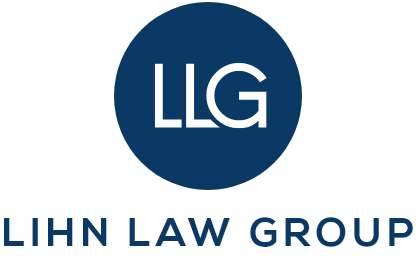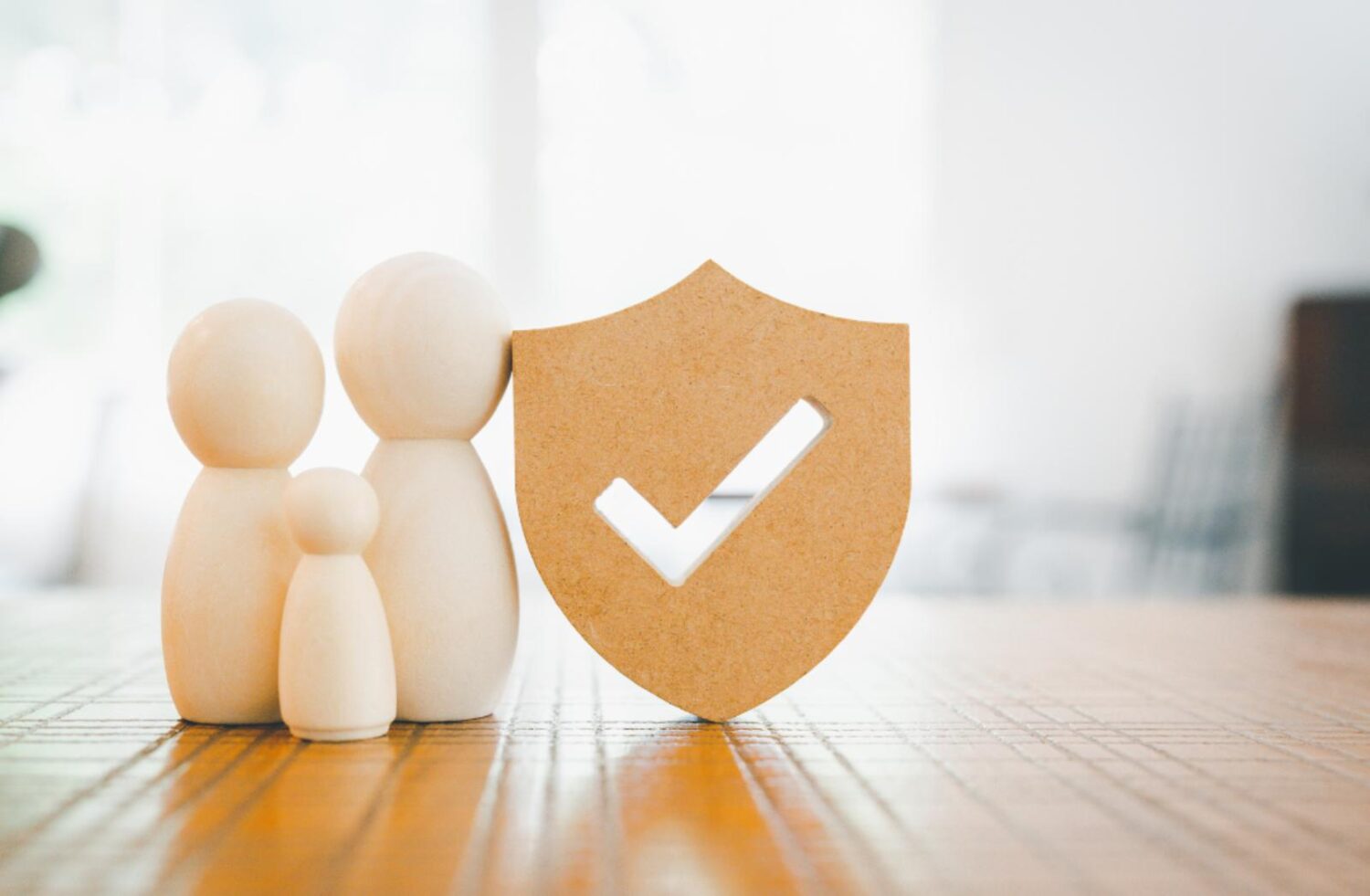Imagine this: You’ve built a rich digital life over the years; your social media accounts host your precious memories, your email holds important personal and private information, your cryptocurrency portfolio is growing, and perhaps your online business is thriving. Now, picture the confusion and chaos your loved ones might face trying to sort through all of it without any guidance. That’s why including digital assets in your estate planning is crucial. Let’s explore what you need to include and how to make it happen.
The Digital Landscape of Your Life
Digital assets are everywhere. They come in various forms, each holding a piece of your personal and financial life:
- Email Accounts: The nerve center of your digital world, packed with essential contacts and information.
- Social Media Profiles: Virtual scrapbooks filled with moments defining your life.
- Financial Accounts: Online banking, investment platforms, and digital wallets like PayPal and cryptocurrencies.
- Cryptocurrency: Bitcoin, Ethereum, and other digital currencies stored in wallets with private keys.
- Subscriptions and Memberships: From Netflix to your favorite online magazine, these need handling too.
- Digital Files: Photos, videos, and documents that you’ve stored over the years.
- Online Ventures: Blogs, websites, and any other online business you’ve nurtured.
The Importance of Digital Assets in Your Estate Plan
Neglecting your digital assets can lead to several issues for your heirs:
- Access Dilemmas: Without clear instructions, your family might struggle to gain access to your accounts.
- Financial Loss: Unmanaged financial accounts can lose value.
- Privacy Breaches: Sensitive information could end up in the wrong hands.
- Emotional Toll: Social media accounts and digital memories are significant to your loved ones, and their mishandling can cause distress.
Crafting Your Digital Estate Plan
Creating a digital estate plan doesn’t have to be overwhelming. Here’s a straightforward approach:
- Inventory Your Digital Assets: List every digital asset you own. Include details like account names, URLs, and login information. Don’t forget to document your cryptocurrency holdings, including private keys and wallet details. This list will serve as a roadmap for your digital executor.
- Designate Beneficiaries for Online Accounts: Many online platforms, such as Facebook and Apple, allow you to designate a legacy contact or person in charge of your account upon your passing. For example:
- Facebook: You can set up a legacy contact who can manage your memorialized account or request its deletion.
- Apple: You can use Apple’s Digital Legacy feature to designate people who can access your data after you pass away.
- Appoint a Knowledgeable Digital Executor: Choose someone trustworthy to manage your digital assets. This person can be the same as your primary executor or a different individual with tech-savvy skills, especially for handling cryptocurrency.
- Detail Your Wishes: Clearly state what you want to happen with each asset. Should your social media profiles be memorialized or deleted? Who gets access to your digital photos and videos? How should your cryptocurrency be managed or distributed?
- Ensure Legal Compliance: Ensure your plan adheres to laws like the Revised Uniform Fiduciary Access to Digital Assets Act (RUFADAA). This law helps executors access digital assets legally.
A Few Extra Tips on Digital Assets
- Enable Two-Factor Authentication: While this adds security to your accounts, it can complicate access. Make sure your digital executor knows how to handle this.
- Regularly Backup Your Data: Regular backups can save a lot of headaches.
- Keep Your Plan Updated: Technology changes fast. Make sure your estate plan keeps up.
Wrapping It Up
Including digital assets in your estate plan might seem like an extra hassle, but it’s worth it. By taking these steps, you can make sure your digital legacy is handled the way you want, and you’ll make things a lot easier for your loved ones, which is one goal of estate planning. If you need help getting started, give us a call or send us a message at Lihn Law Group. We’re here to help guide you through the digital age of estate planning.






